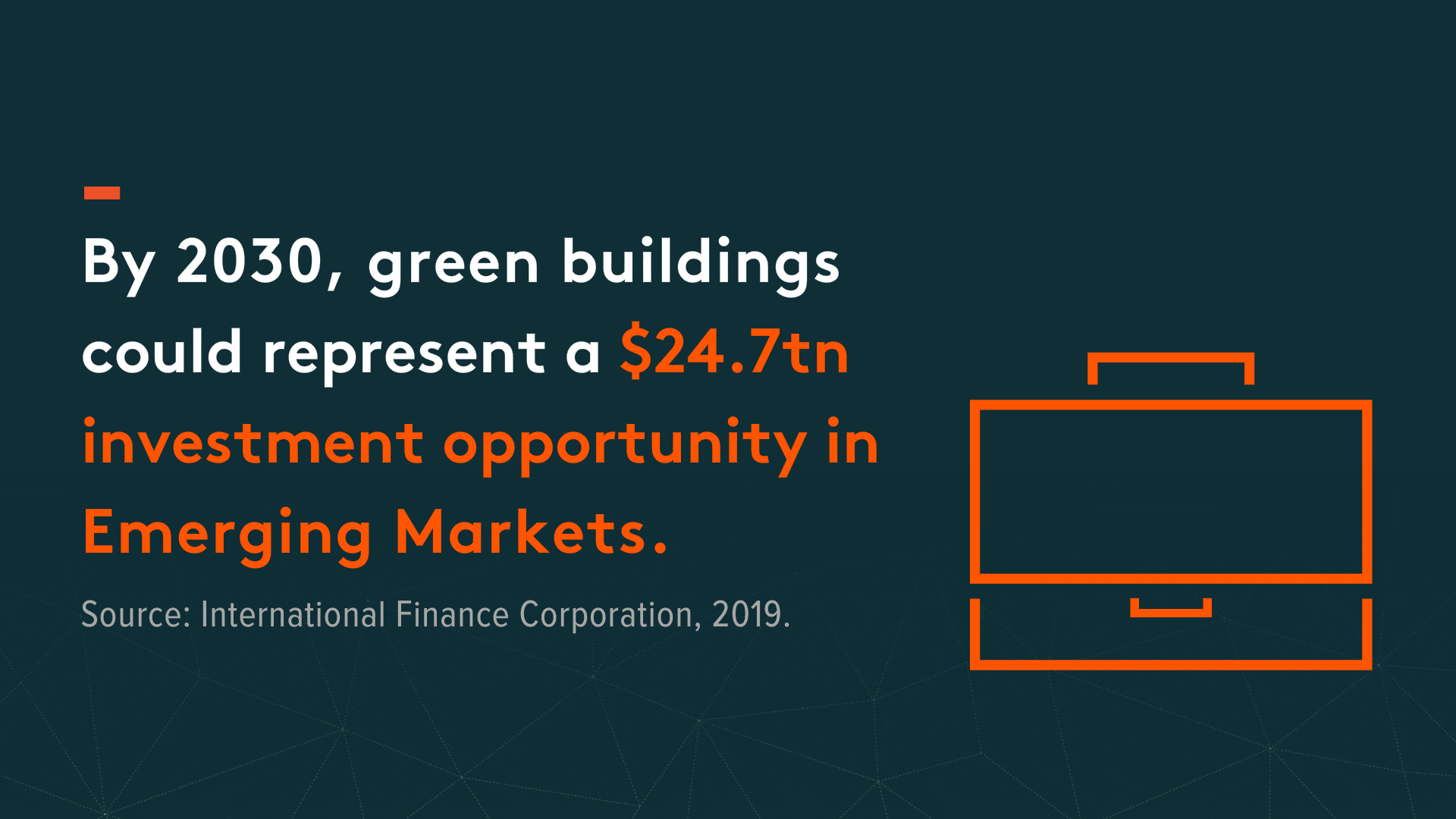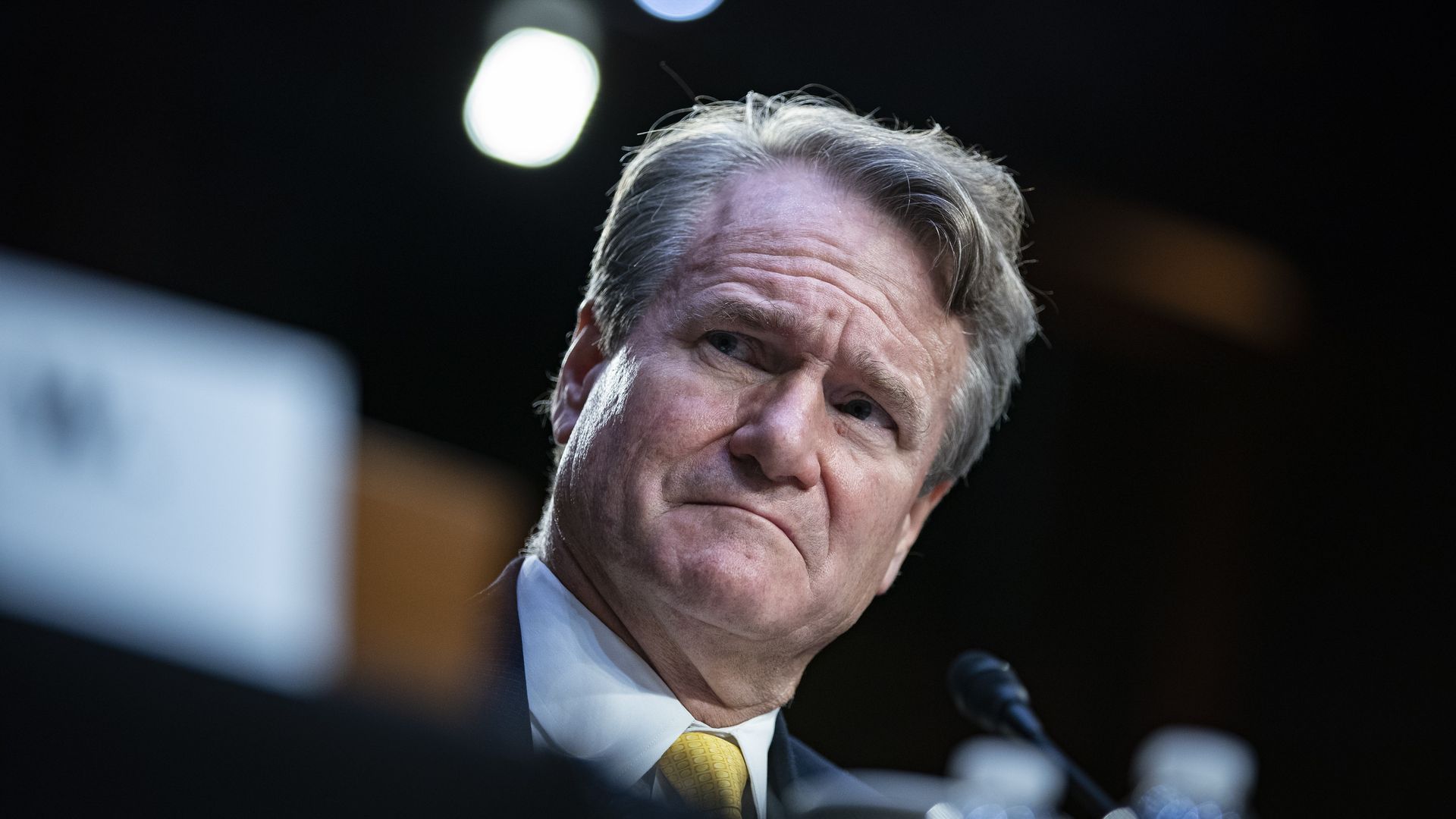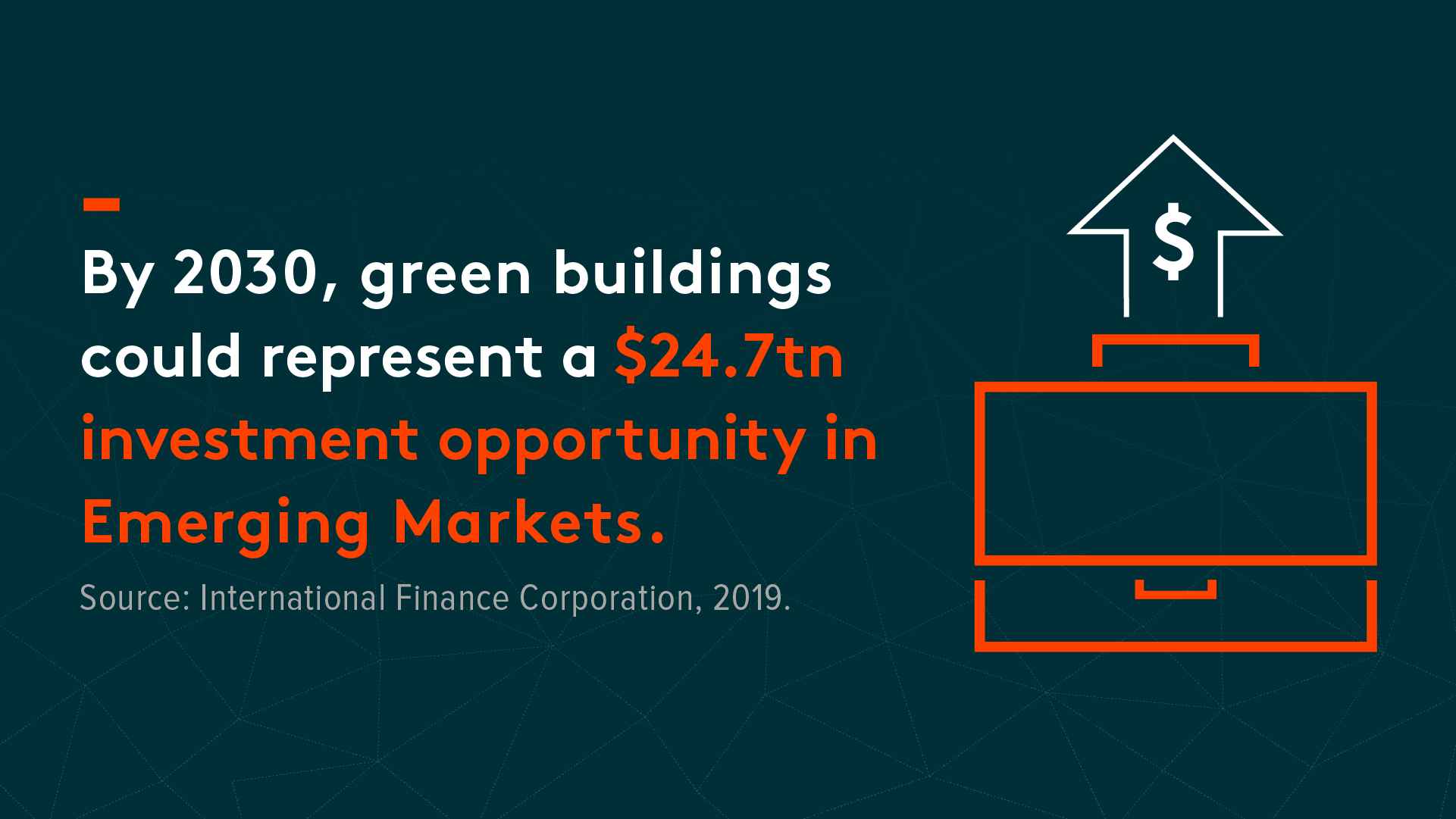| | | | | | | Presented By Global X ETFS | | | | Axios Markets | | By Emily Peck and Matt Phillips · Oct 18, 2022 | | Tuesday. The boiled cabbage of days. Let's make the best of it! 🚨 Join Axios BFD virtually on Oct. 26 ... Register to livestream interviews with Mark Cuban, NYSE president Lynn Martin, ESPN chair James Pitaro and more. Today's newsletter is 1,081 words, 4 minutes. | | | | | | 1 big thing: Women leaders are leaving |  | | | Illustration: Sarah Grillo/Axios | | | | They're calling it the "Great Breakup." Women leaders, already in short supply at most U.S. companies, were more likely than men to switch jobs in 2021, according to a closely watched new report released this morning, Emily writes. Why it matters: A better job market and more opportunities for flexible work arrangements made women less likely to put up with mistreatment in the workplace last year, say the authors of the report, from McKinsey and LeanIn.org, the women's empowerment group founded by former Facebook executive Sheryl Sandberg. - "Women are not breaking up with work. They're breaking up with their companies," says Rachel Thomas, CEO of LeanIn.org.
By the numbers: An eye-popping 10.5% of women leaders — from senior managers, all the way up to the C-suite — quit their jobs over the past year, the highest rate in the five years that McKinsey/LeanIn.org has surveyed companies about attrition rates. The rate for men was 9%. - Typically, attrition rates for men and women run closer together, with a spread of only around half a point.
State of play: The report draws attention to the "broken rung" concept as a problem area for companies — that's the gap in the share of women elevated into management relative to men. - For every 100 men promoted out of entry-level positions, only 87 women and 82 women of color got the same lift up the ladder.
- "You're losing women coming into management, and the precious few women leaders you do have are choosing to leave, as well. That's a double whammy," says Thomas.
Between the lines: Women are just as ambitious as men. Black women leaders even more so — 59% said they want to be top executives, compared to 41% of women of color and 27% of white women. The problem: Women's authority at work is undermined in a variety of ways — so they leave, the report finds. For example: - 37% of women leaders said they've had a coworker get credit for their idea, compared to 27% of men.
- Women leaders are twice as likely to be mistaken for someone more junior.
- Asian women and Black women said they're less likely to have strong allies on their teams.
- Black women leaders are 1.5 times as likely as women overall to have colleagues question their judgment or imply they're unqualified for their jobs.
The bottom line: This report adds more evidence to dispel the notion that women dropped out of the workforce or "leaned out" because of the pressures of the pandemic. - Instead, it serves as a warning to companies that if they want to live their diversity goals they need to focus on retaining talent.
Read more. |     | | | | | | 2. Catch up quick | | 💻 Microsoft becomes latest tech firm to cut staff. (Axios) 🛢U.S. could sell oil from reserve this week. (Reuters) 🇪🇺 EU leaders try to keep energy prices from tanking economy. (AP) 💰 Amazon's attrition costs $8 billion annually, per documents. (Engadget) |     | | | | | | 3. Winter warning |  Data: EIA; Chart: Axios Visuals Though natural gas prices have fallen recently, this year's spike related to Russia's war on Ukraine will still mean higher household heating bills for Americans this winter, Matt writes. The big picture: The Energy Information Administration forecasts that households using natural gas as their primary home heating fuel — nearly half of all households — will see their average winter heating costs rise 28% this year to $931. - Home heating oil users — just 4% of households, primarily in the Northeast— will feel a similar sting, with heating bills up 27% to $2,354 this winter.
State of play: U.S. natural gas prices have tumbled in recent days, to below $6 per million British thermal units, as a warm October and maintenance-related shutdowns of LNG export terminals boosted domestic supplies. - But, but, but: U.S. wholesale natural gas prices are still up 68% so far this year.
What to watch: These energy costs — largely attributable to disruption and uncertainty related to Russia's attack on Ukraine — are going to be a headache for politicians and policymakers trying to control inflation. |     | | | | | | A message from Global X ETFS | | Build a greener investment portfolio | | |  | | | | Government policies and private sector commitments to combat climate change are driving demand for more sustainable buildings. We recently explored the long-term investment case for companies involved in the development, management and technology powering green buildings. Learn more. | | | | | | 4. Shorter grocery lists |  Data: U.S. Bureau of Labor Statistics; Chart: Erin Davis/Axios Visuals Americans are buying fewer items at the grocery store, as food prices surge, a new survey finds, Emily writes. Why it matters: We're at a turning point when it comes to food shopping. For a while, inflation was mainly changing what types of items consumers bought — more generics, and different cuts of meat. - Now Americans are starting to simply buy less, says Emily Moquin, food and beverage analyst at Morning Consult, which conducted the survey.
- People are starting to think about what they truly need — and what can wait.
- It's the opposite of the "pantry loading" we saw in 2020. Now it's pantry unloading. You buy less and work your way through what remains of the old stockpile.
State of play: Nearly a quarter of those surveyed by Morning Consult in September said they're often buying fewer items at the grocery store, in order to save money, up from 15% in October 2021. - Context: The cost of food at home is up 13% from last year, according to the latest Consumer Price Index.
Worth noting: That is particularly worrying for low-income shoppers. The percentage of shoppers who worried their food will run out before they have money to buy more increased to 42% from 35%. What to watch: Credit card balances. Some consumers inevitably will buy food on credit; not an ideal plan at a time of soaring interest rates. |     | | |  | | | | If you like this newsletter, your friends may, too! Refer your friends and get free Axios swag when they sign up. | | | | | | | | 5. 💬 Quoted: "We just don't see it" |  | | | Brian Moynihan, CEO of Bank of America. Photo: Al Drago/Bloomberg via Getty Images | | | | "A perspicacious analyst might wonder whether the talk of inflation and recession and other factors would fructify in slower spending growth. We just don't see it here at Bank of America." — Brian Moynihan, CEO of Bank of America Why it matters: During BofA's earnings call, the chief executive of the country's second-largest bank suggested that, at least among its customers, there was little sign of a slowdown in consumer spending, Matt writes. Between the lines: If consumer spending is as durable as CEO Brian Moynihan suggests, it could mean that interest rates will have to rise even higher to get price rises under control, raising the prospect of ongoing pain for the stock market. Side note: Tip of the cap to Moynihan for the atypical conference call usage of "perspicacious" — and "fructify," meaning to bear fruit or become productive. - In the recording, the line is tough to make out ... For a brief moment, I wondered whether Moynihan was characterizing consumer spending trends as "funkdafied," in what would be a surprising and out-of-character nod to Da Brat's 1994 summer jam of the same name.
|     | | | | | | A message from GLOBAL X ETFS | | Build a greener investment portfolio | | |  | | | | Government policies and private sector commitments to combat climate change are driving demand for more sustainable buildings. We recently explored the long-term investment case for companies involved in the development, management and technology powering green buildings. Learn more. | | | | Was this email forwarded to you? Sign up here! Today's newsletter was edited by Kate Marino and copy edited by Mickey Meece. |  | | Why stop here? Let's go Pro. | | | | | | Axios thanks our partners for supporting our newsletters. If you're interested in advertising, learn more here.
Sponsorship has no influence on editorial content. Axios, 3100 Clarendon Blvd, Arlington VA 22201 | | | You received this email because you signed up for newsletters from Axios.
Change your preferences or unsubscribe here. | | | Was this email forwarded to you?
Sign up now to get Axios in your inbox. | | | | Follow Axios on social media:    | | | | | |












No comments:
Post a Comment